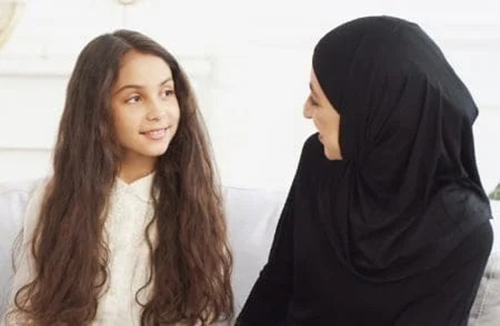BeeHive
Raising kids by a couple that is stuck to their religions
They say love is unconditional, knows no boundary and seeks no reason. In the same line we have couples that get together and start families when they have different religious faiths. In some cases one of them converts to the other partner’s religion but we also have cases where no one is willing to change. Whereas it is okay for each one of them to go to their different places of spiritual retreats, the challenge comes in when kids are now involved. The question of who the kids go with to pray is a heavy one.
The time to think about how you will raise your kids is way before you have them, preferably before you get married, if marriage is part of your plan. Talking this through early on can provide insight into who you are as a couple, as well as who you will be as parents. It also brings to the forefront make-or-break options, such as conversion, which may bring you closer together or provide clarity about calling it a day.
In most cases mum and dad choose to remain within their religions but agree that the kids take up dad’s religion. But it is also possible to have kids embrace both religions until such a time when they are big enough to choose one.
I have come to realize that Americans are leaving behind single-faith identities. According to a 2009 study by the Pew Forum on Religion and Public Life, almost one quarter of all Americans attend religious services of more than one faith or denomination. Interfaith marriages are increasingly common. There is of course an argument that children raised with two faiths will be confused, and oftentimes one religion takes precedence over another in an effort to minimize conflict. But the associated benefits like promoting transparency about differences, providing literacy in religions, encouraging unity and giving extended family equal weight also account.
There is a myth that with interfaith family arrangements children will be stressed choosing between parents. Parents who have chosen to raise their children with both religions need to explain that a choice has already been made, the choice to celebrate both. Even if you do choose one religion for an interfaith child, they may be drawn to the other religion, for theological or cultural reasons, or because they identify with the religious “out-parent.” In the end, parents can choose a label for their children, but all children have the right to grow up and make their own decisions about religious practice. And they will.
We have also faced fear that raising kids in two religions confuses them. This may be true to some extent. Religions are, by their very nature, confusing. After all, they evolve to address questions without answers. But are children raised with two religions necessarily more confused? Children can handle ambivalence and complexity. It’s only adults who want it tied up in a neat package. Children are going to tear open the package anyway.
There is always this question that keeps popping up whenever child upbringing is discussed. Do children raised by religious parents have better social and psychological development than those raised in non-religious homes? In a new study, researchers found that religion can be a mixed blessing for children as they get older. The findings suggest that parental religiosity is a mixed blessing that produces significant gains in social psychological development among third-graders while potentially undermining academic performance, particularly in math and science. The fact that religion emphasizes moral codes designed to instill values such as self-control and social competence, prioritization of these soft skills may come at the expense of academic performance, which is generally diminished for youngsters raised in religious homes when compared with their non-religious peers.
Comments



















